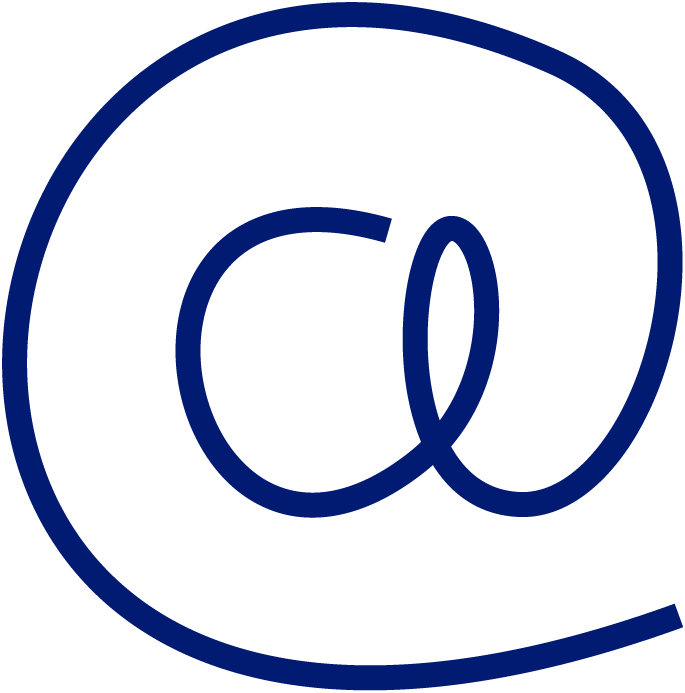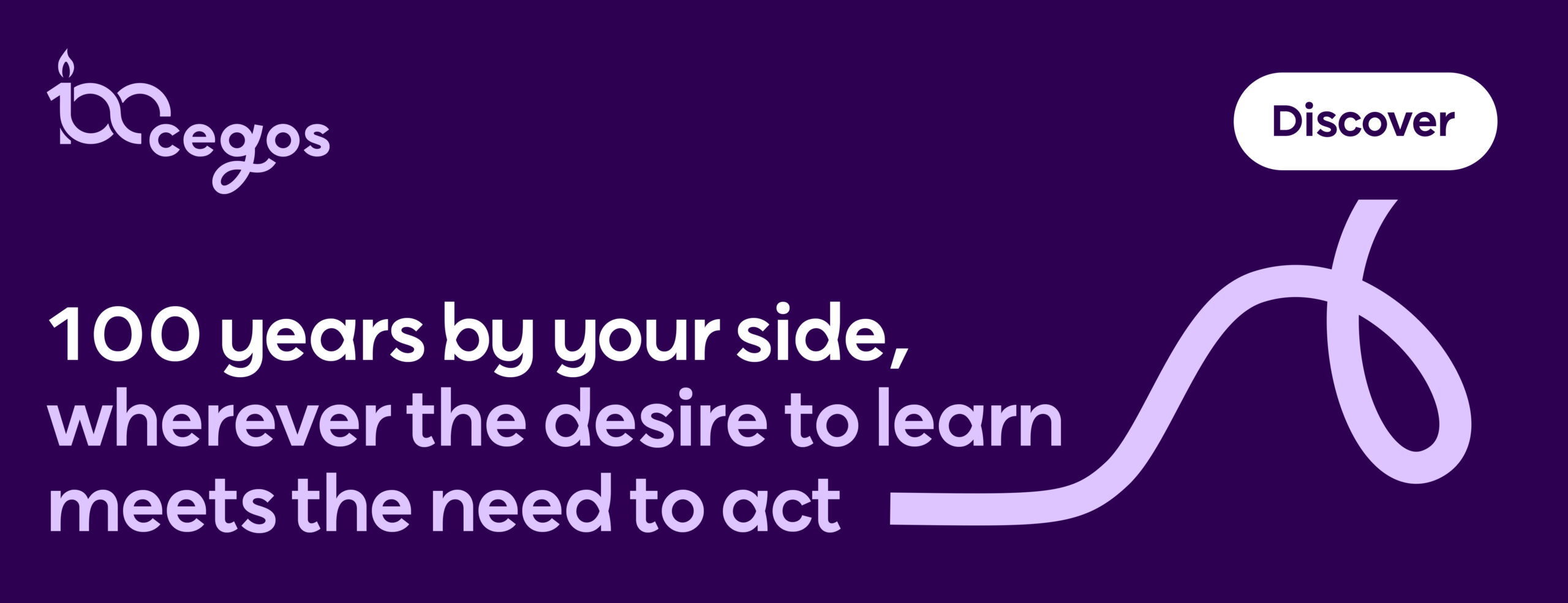
CSR & L&D: How to turn social Commitment into real skills within organisations

We are living in an era of profound transformation: climate crisis, artificial intelligence, demands for transparency, and a more active, engaged citizenry than ever before. In this context, many companies have embraced corporate social responsibility (CSR) commitments — but face a critical question: how can those commitments be translated into concrete actions within their teams?
The CSR pressure is real
A Deloitte study (2023) found that 93% of employees believe companies should lead with purpose beyond profit, and 66% would consider leaving their job if they see a disconnect between corporate values and real actions.
The Cegos International Barometer 2023 confirms that skills development is essential to face today’s challenges. 74% of employees surveyed believe that technological, environmental, and social transformations will radically change the way they work, and 30% even fear losing their jobs as a result (Cegos, 2023). Without soft skills like empathy, communication, or systems thinking, many CSR initiatives risk remaining purely symbolic. In fact, 38% of HR leaders already prioritise the development of social competencies, and 85% of employees would consider a complete career shift if it brought greater purpose (Cegos, 2023).
Moreover, the World Economic Forum (2023) reports that the most critical skills by 2027 will include problem-solving, critical thinking, emotional intelligence, and purpose-driven leadership — all directly tied to the core pillars of sustainability.
Five Keys to Align Your CSR Strategy with Skills Development
Map competencies linked to your ESG commitments
Identify the soft and technical skills needed to move your sustainability strategy into action: active listening, critical thinking, conscious leadership, and more.
Integrate sustainability goals into your annual training plan
Don’t treat CSR as a separate agenda. Embed it into leadership programs, onboarding, middle-management development, and change management.
Use active methodologies and real-world experiences
Ethical skills can’t be taught through slides. Use simulations, role-plays, group coaching, or projects connected to real communities.
Measure what really matters: behaviours, not just attendance
Assess the impact of training through indicators such as ethical decision-making, inclusive leadership, and effective collaboration.
Support your leaders — they are the main multipliers
Invest in programs that strengthen leaders’ capacity to act with purpose. If they don’t embody the message, the culture won’t shift.
When a company declares its commitment to sustainability, inclusion, or well-being but doesn’t invest in developing the skills required to support it, it risks falling into inconsistency. That’s why Learning & Development is not a side note — it’s the operational engine of transformation. It turns values into behaviours, and strategic commitments into real impact.
On this journey, Cegos is a key strategic partner. With a presence in over 50 countries and more than 250,000 people trained each year, we offer tailored learning solutions that combine technology, active methodologies, and human-centred support. From conscious leadership programs to soft skills training and executive coaching, we help organisations close the gap between what they say and what they do — because we believe that developing people doesn’t just transform companies, it transforms the society we live in.
Want to align your training plan with your purpose? Let’s talk.
This article was originally publised on the Cegos LATAM blog under the title "RSE & L&D: cómo traducir el compromiso social en habilidades reales dentro de las empresas"
References
Cegos. (2023). Barómetro Internacional Cegos 2023. Grupo Cegos.
Deloitte. (2023). Purpose Under Pressure. Deloitte Insights.
World Economic Forum. (2023). The Future of Jobs Report 2023.
Pacto Global Red Española. (2022). ODS Año 7: Innovación para lograr la Agenda 2030.






